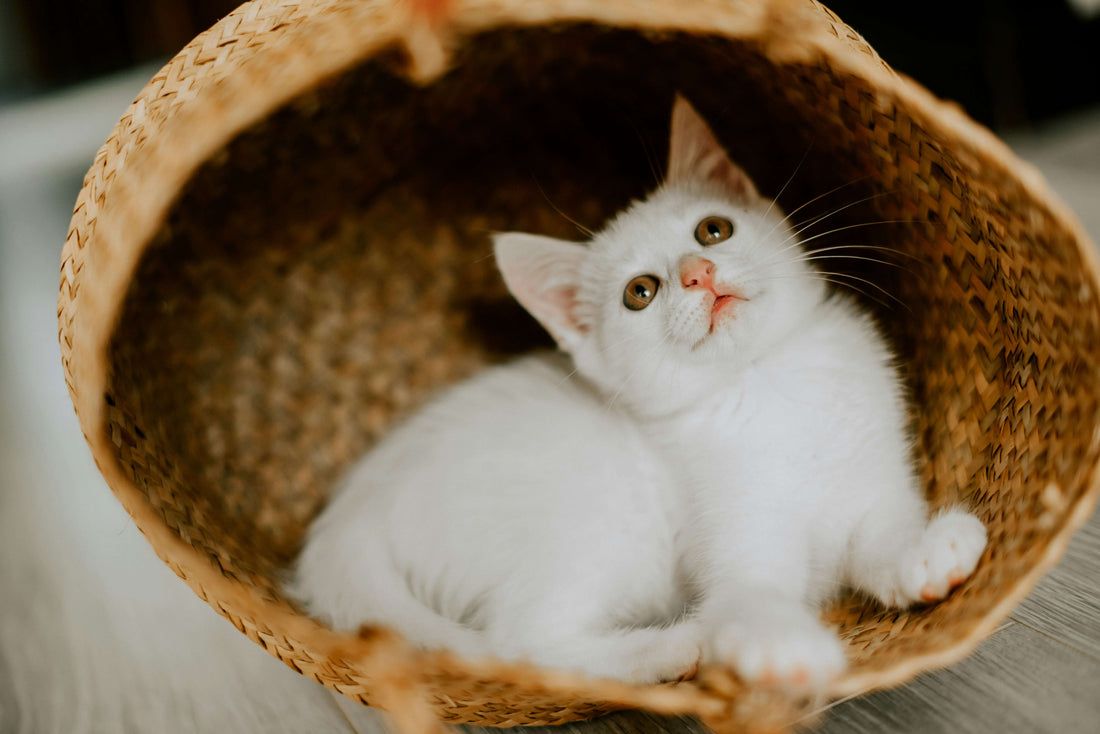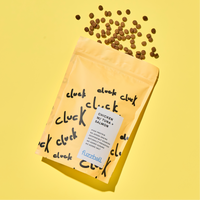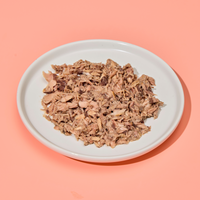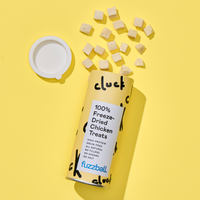Can Kittens Eat Dry Food?

First-time cat owners might wonder whether or not their fur baby can begin to eat dry food immediately and the answer is a little more complicated than a simple ‘yes’. Once kittens are weaned off their mother’s milk, they will be able to start eating a regular diet, including dry cat food. It is important to ensure that your kitten is consuming specially formulated foods for their developmental stage and is introduced to regular food at the right time.
With kittens growing at a rapid pace, it is important to ensure that their diet has sufficient protein, fats, and essential nutrients to facilitate proper development.
When Can I Introduce Dry Food to My Kitten?
The kitten weaning process typically starts around four weeks of age. At this age, you can begin to give your kitten a combination of kitten formula and high-quality dry food. Kittens will be able to eat regular dry kitten food around six to eight weeks old. Be sure to choose a dry cat food that is kitten-specific, which often contains different minerals that make it more suitable for kittens. We recommend feeding this food until the kitten is one year old.
How Much Should I Feed My Kitten?
Kittens are fuelled by energy but have small stomachs. When your kitten is between eight weeks and six months, it is suggested that you feed them 3 to 4 times a day. Depending on your kitten’s age and weight will depend on the portion size you give them. A kitten that weighs anywhere between 1-3 pounds may require ¼ to ⅓ cups over separate meals. It is recommended to check the packaging for the recommended portion sizes.
How to Choose The Right Kitten Food
Picking high-quality kitten-specific dry food is important for your kitty’s development. Be sure to look for premium kitten foods that are high in crude proteins and crude fats. Fuzzball offers high-quality kitten food that has been specifically formulated to provide for the nutritional needs of your kitten. By opting for high-protein dry food, you will be ensuring your kittens’ meals are formulated to meet their nutritional needs.
Can My Kitten Drink Milk?
Your kitten should only be drinking the milk from its mother and not regular cow’s milk. Kittens lack the enzymes to properly digest cow’s milk, which can cause diarrhoea and stomach upset. After weaning, many kittens become lactose intolerant, so they are better off drinking fresh water or kitten milk replacements.
More Tips to Keeping Your Kitten Happy and Healthy
Keeping your kitten healthy is one way to ensure their happiness and longevity. Here are some simple tips to ensure a happy and healthy kitty:
Always Have Fresh Water Available
Be sure to always ensure that there is accessible fresh water available for your kitten. Kittens may become dehydrated when switching to real foods, as they start needing to drink more often.
Regular Check-ups and Supervision
Track your kitten's weight and general well-being. Alter the amount of food given if necessary, and reach out to a veterinarian when appropriate.
Avoid Cow’s Milk
Giving your cat cows milk is not recommended. Cow's milk is difficult to digest and therefore it should not be given to kittens, as they tend to stop digesting lactose once they are weaned. Cats become lactose intolerant, meaning they cannot properly break down lactose in dairy products, leading to digestive issues like diarrhoea, bloating, and discomfort.





